
A recent study found that at the 18-month mark, PLWH on dolutegravir gained 6.0 kg compared with 2.6 kg for NNRTI (p

A recent study found that at the 18-month mark, PLWH on dolutegravir gained 6.0 kg compared with 2.6 kg for NNRTI (p
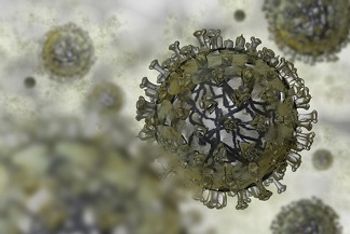
In an unexpected discovery, a NIAID-funded study team has found that a human antibody can target a part of the hemagglutinin protein that the influenza virus uses to enter and infect cells.

Insight into healthcare exposures gives us a new reason to invest in surveillance tools

According to the CDC, the outbreak is not connected to with the Salmonella outbreak resolved in February that was linked with tahini and sickened 8 individuals across 4 states.

Lack of HIV awareness and misconceptions about PrEP may be barriers to implementing prevention programs among female sex workers in China, according to a recent study.

The latest on this ever-changing and complex outbreak.

The adjusted odds for having oropharyngeal gonorrhea were 1.46-fold for men with ≥4 kissing-only partners and 1.81-fold for men with ≥4 kissing-with-sex partners.

At MAD-ID 2019, Alison Lew, PharmD, spoke about her research on oral vancomycin prophylaxis to reduce CDI recurrence.
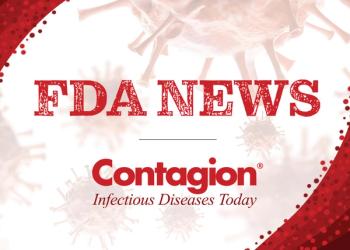
Here is a look at infectious disease-related US Food and Drug Administration news from the week of May 12, 2019.
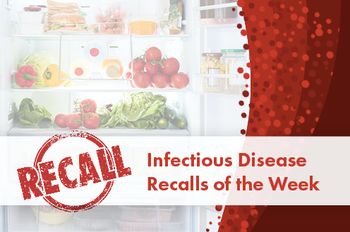
We’ve rounded up a list of important US Food and Drug Administration (FDA) and US Department of Agriculture (USDA) recalls from this past week.

Stay up-to-date on the latest infectious disease news by checking out our top 5 articles of the week.

According to the CDC, 28% of the Salmonella cases in this outbreak occurred in children under the age of 5 years.

With a shortage in specialists, the service could help address an issue that costs health care billions of dollars a year.

A revision to the fluoroquinolone antimicrobial susceptibility testing breakpoints for 2 bacteria comes following evidence that previous breakpoints were too high to detect low-level antibiotic resistance.

A new study finds involving bedside nurses in antimicrobial stewardship and infection prevention can yield major results in a short amount of time.

Women are quite receptive to learning about PrEP in the right environment, but some providers have a long way to go in terms of education.

A multifaceted intervention has tripled the rate of hepatitis C virus screening in a baby boomer population.

A new study gives hope in the fight against multidrug-resistant bacteria.

Renee Ackley, PharmD, BCPS, discusses her research ceftazidime/avibactam and meropenem/vaborbactam for treatment of CRE infections.

Does pharmacist presence in an urgent care center have an effect on antibiotic prescribing practices?

Consumption of oysters from a Mexican estuary has led to infections caused by multiple pathogens, with some individuals infected by more than 1 bug.
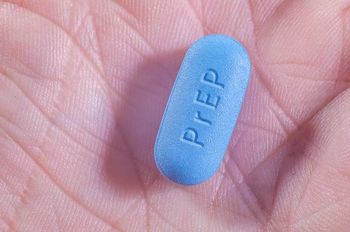
Agreement between Gilead and Trump administration promises more drugs for at-risk patients.
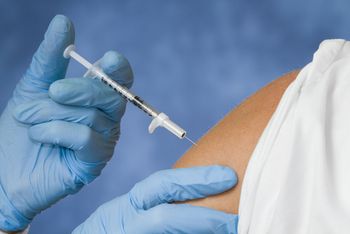
Following a rise in sexually transmitted infection diagnoses in recent years, NIAID is awarding grants for research into syphilis, gonorrhea, and chlamydia vaccine candidates.

Contagion® editor-in-chief Jason Gallagher, PharmD, FCCP, FIDSA, BCPS, recaps his presentations from MAD-ID 2019.
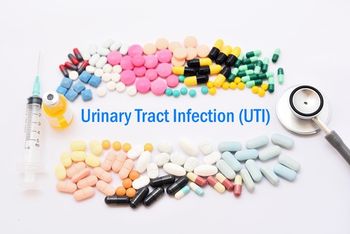
Treating men with UTIs for longer than 7 days shows no clinical benefits and is associated with increased risk of recurrence.

As clinician are growing interested in the use of extended infusion beta-lactams for gram-negative bacteremia, a team of investigators noticed that available data are unclear and solely focus on clinical cure and/or mortality outcomes.

At MAD-ID 2019, Monica V. Mahoney, PharmD, BCPS (AQID), BCIDP, presented a workshop on formulary management strategies in antimicrobial stewardship.

One company's bankruptcy sheds light on a deeply worrisome reality.

A study found that patients with complicated C diff infections were more likely to have been previously hospitalized with numerically less time between hospitalization and recent C diff episode.

Brandon J. Smith, MD, PharmD, describes a case of a patient who was treated for mycobacterial infection after ground-glass opacity was detected in her lung.